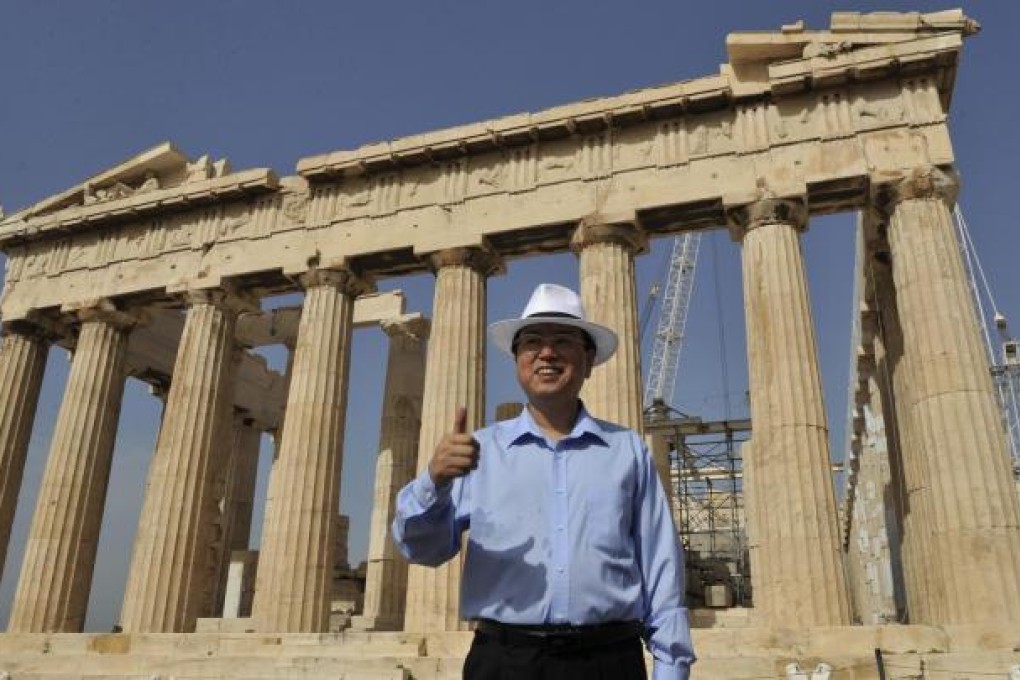Zhang Dejiang: rise of the iron-fisted enforcer
Zhang Dejiang has proved he is a man who can be relied on in the event of a crisis, and is tipped to be rewarded with a seat at the top table


Once installed, Zhang quickly moved to reorganise the government and reassure Hong Kong, Taiwanese and overseas investors who worried about instability in the mega-city of nearly 30 million.
Holding the high-profile post as Chongqing party secretary while retaining his title as vice-premier made Zhang, 66, an odds-on favourite to gain a seat on the supreme Politburo Standing Committee at the 18th party congress this autumn.
Also, Zhang's close association with the party's more conservative wing - he studied economics in North Korea - would send a signal that the hardliners were not on the outer despite seeing one of their champions disgraced.
Such a promotion would also let his long-time patron, former president Jiang Zemin, keep a vital ally on the party's supreme policymaking body.
"Zhang is a key figure in Jiang's power-succession strategy for the 18th party congress," said Dong Liwen, a professor at Central Police University in Taiwan.